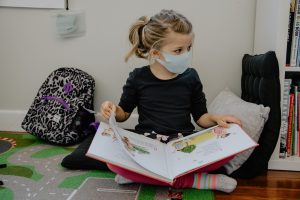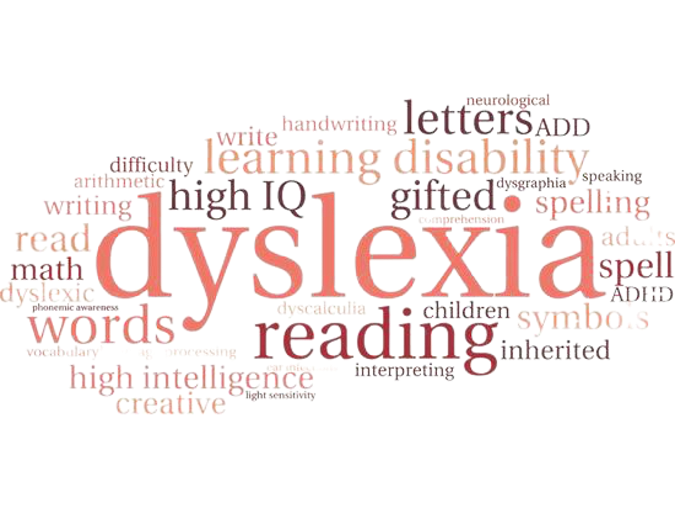
Debunking the Myths #4: ADHD is a diagnosis only given to children
October 20, 2021
A Closer Look at Dyslexia
November 2, 2021
Over the next few months Springer School and Center will be hosting a series of discussions and workshops for parents on the topic of dyslexia: a Language Based Learning Disability. Dr. Mary Ann Mulcahey shares her insight and resources to help us better understand this complex learning difference and start us on this journey of dyslexia discovery.

The International Dyslexia Association defines dyslexia as “a specific learning disability that is neurobiological in origin. It is characterized by difficulties with accurate and/or fluent word recognition and by poor spelling and decoding abilities.” That is, dyslexia results from a difference in the way the brain recognizes individual speech sounds and then associates those sounds with specific letters or letter patterns. These students have difficulty with reading and pronouncing individual words (decoding), but also with spelling (encoding). Dyslexia is a language-based learning disability.
The International Dyslexia Association suggests that perhaps 15-20 percent of the population has some symptoms of dyslexia, although not everyone will be severe enough to qualify as having a disability. Here at Springer School and Center, dyslexia is a common reason that parents seek intensive specialized schooling for their child. Dyslexia is not related to intelligence. People with dyslexia can be found in all professions – medical doctors, scientists, musicians, artists, business owners and teachers, to name just a few.
Dyslexia is diagnosed through a thorough evaluation process, typically after some intervention or small group instruction has been tried at school. Parents can ask their schools about an evaluation for suspected dyslexia or seek an outside evaluator who is qualified to make the diagnosis, such as a Speech Language Pathologist or a Psychologist with expertise in that area. Of course, a child needs to be screened for hearing and vision problems, which usually takes place at the Pediatrician’s office. Some adults come to realize that they have dyslexia when their children are diagnosed. Dyslexia has a hereditary component, as do many other human attributes.
While dyslexia has no cure, there are specific kinds of instructional techniques that have been proven to help people with dyslexia develop language and reading skills, and there are a number of technology tools today that can assist people with dyslexia.
To further develop your knowledge of dyslexia, watch for the series on dyslexia, beginning with our Part 1 Parent Dyslexia Series: Introduction to Dyslexia on November 9, 2021 and on December 2, 2021 for Part 2 Parent Dyslexia Series: What to do if You Have Dyslexia. Then in January 2022, we will begin Book Club virtual meetings featuring the 2nd edition of Dr. Sally Shaywitz’s classic, Overcoming Dyslexia: A Guide for Parents. Click HERE to learn more or to register for the book club.




2 Comments
My Grandson has a sensory processing disorder. He has been officially diagnosed with a RECEPTIVE SPEECH DISORDER and therefore works with a speech therapist for 30 minutes on Saturday. He wears glasses. But does not see20/ 20 even with his glasses. We are having trouble finding the right help for him.
Hi Susanne,
It sounds like you are reaching out to try many different interventions for your grandson. 30 minutes a week may not be enough time to make a difference for him. I’d be happy to chat with you on the phone to discuss what other options might be available to you and your grandson. My phone number is 513-871-6080 ext. 219. Sincerely, Carmen Mendoza